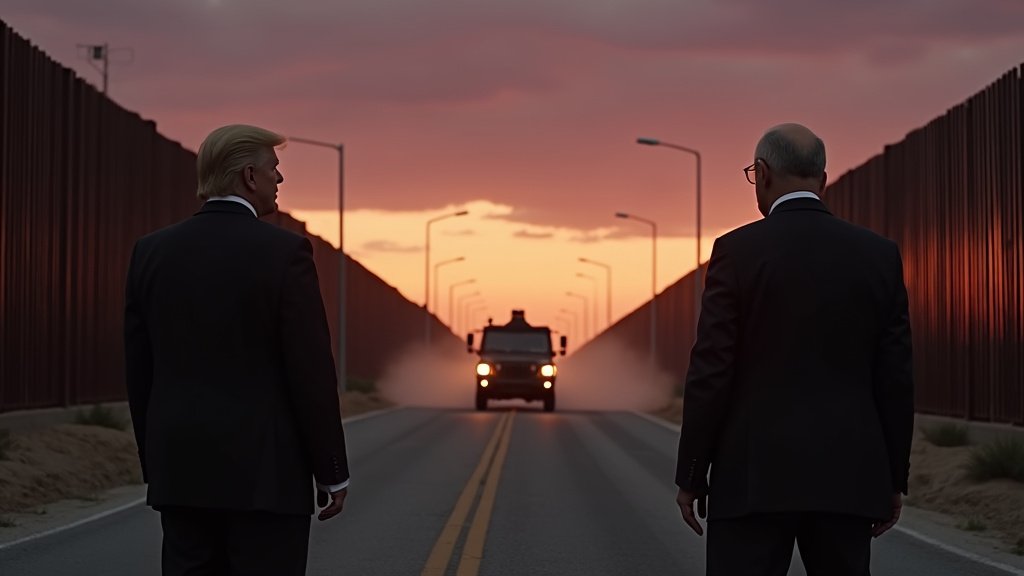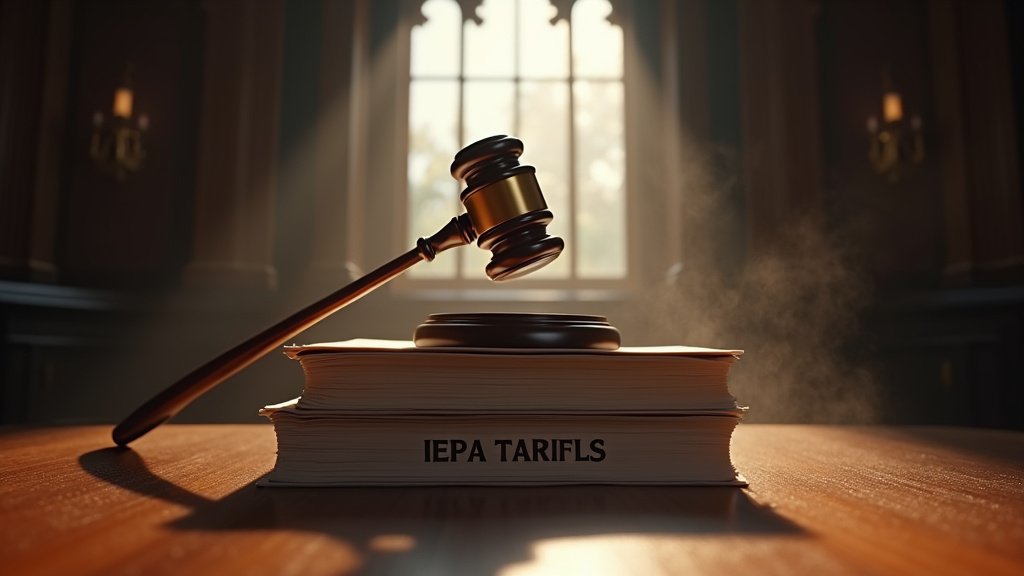Mexico City – In a groundbreaking development signaling a profound shift in bilateral anti-crime efforts, Mexico’s Attorney General’s Office and Security Ministry have officially confirmed a landmark agreement with the Trump administration for the extradition of 26 top cartel leaders to the United States. This unprecedented deal, poised to redefine the fight against organized crime, represents a significant victory for international cooperation and a clear message to criminal enterprises operating across North America. The announcement, already trending across global news platforms, underscores a heightened commitment from both nations to dismantle the powerful drug cartels responsible for rampant violence and the illicit flow of narcotics into the US.
Crucial Concessions Pave the Way for Extradition
The meticulously negotiated agreement hinged on a critical assurance from the U.S. Justice Department: none of the 26 individuals slated for extradition would face the death penalty upon their transfer to American soil. This concession proved instrumental in securing Mexico’s consent, navigating a sensitive legal and humanitarian point that has historically complicated extradition proceedings between the two nations. Mexico, like many countries, maintains a strong stance against capital punishment, making this guarantee a cornerstone of the entire arrangement. The move now facilitates a direct path for these high-value targets – individuals believed to be instrumental in their respective organizations’ operations, logistics, and command structures – to face justice in US courts. There, they are expected to be prosecuted for a litany of severe charges ranging from large-scale drug trafficking and money laundering to kidnapping and violent crimes. The careful diplomatic maneuvering highlights the complex legal frameworks and sovereignty considerations inherent in such high-stakes international cooperation, demonstrating a pragmatic approach to achieve shared security goals.
A Cornerstone of the Trump Administration’s Anti-Cartel Offensive
This initiative aligns squarely with the Trump administration’s unwavering focus on border security and its aggressive efforts to combat Mexican cartels deeply involved in drug trafficking across the border. From the outset of the administration, disrupting these illicit networks was prioritized, viewing them as a direct threat to national security and public safety within the United States. The pervasive influence of these criminal organizations, particularly their role in fueling the opioid crisis and other societal scourges through the widespread distribution of drugs like fentanyl, methamphetamine, and cocaine, made them a primary target. Attorney General Pam Bondi emphasized the strategic importance of this extradition deal, stating unequivocally that this move is a continuation of the Trump administration’s broader and sustained efforts to dismantle cartels and foreign terrorist organizations. The systematic targeting of leadership within these criminal structures is designed not merely to interdict individual drug shipments, but to cripple their entire operational capacity, financial networks, and command and control systems. This news marks a significant, strategic step in that ongoing, multifaceted campaign against transnational organized crime.
Safeguarding Sovereignty Through Cooperation
While the deal signifies a robust partnership, it was crucial for Mexico to uphold its national sovereignty. Mexican President Claudia Sheinbaum adamantly affirmed that the US military would not enter Mexican territory as part of this or any related initiative. Her statement underscored a clear commitment to cooperation over invasion, drawing a definitive line on the scope of foreign military involvement within Mexico’s borders. This assurance was vital in garnering domestic support for the extradition plan and reinforcing the principle of mutual respect in bilateral relations. For Mexico, maintaining control over its territory and security operations is paramount, and President Sheinbaum’s declaration served to allay any concerns about foreign intervention. This delicate balance allows for effective law enforcement action against powerful criminal groups without compromising national integrity, a key point for the trending discussion around international security agreements and the sensitivities involved in cross-border operations. The emphasis is firmly on collaborative law enforcement rather than military intervention.
Far-Reaching Implications for Border Security and Beyond
The extradition of 26 top cartel leaders is expected to have far-reaching implications for border security and the landscape of organized crime in North America. These individuals represent key figures in the command chains of some of Mexico’s most formidable criminal organizations, their removal potentially disrupting sophisticated drug trafficking routes, money laundering operations, and entrenched networks of corruption that span both nations. This move sends an unambiguous message to other cartel operatives that the long arm of justice now extends more effectively across international lines. For the US, it means an opportunity to prosecute kingpins directly responsible for untold suffering and economic damage, offering a measure of justice for countless victims. The proactive nature of this agreement, driven by enhanced intelligence sharing and diligent diplomatic engagement, sets a precedent for future collaborations in the fight against transnational crime. The focus remains steadfast on ensuring a more secure border and dismantling the financial and operational power of these groups, thereby reducing the flow of illicit substances and associated violence into the United States.
A New Era of Cross-Border Justice
The confirmation of this historic extradition deal between Mexico and the Trump administration marks a pivotal moment in the ongoing battle against transnational organized crime. By securing the transfer of 26 top cartel leaders, both nations have demonstrated a powerful commitment to confronting a shared threat that has plagued their communities for decades. The delicate negotiations, highlighted by the US Justice Department’s assurance against the death penalty and President Sheinbaum’s firm affirmation of national sovereignty, underscore the complexities and successes of robust international diplomacy. As the world watches this unfolding news, the agreement stands as a testament to the potential for strong, cooperative efforts to yield substantial results in the global fight against powerful criminal syndicates, ultimately contributing to a more secure border and safer communities for citizens in both the US and Mexico.






